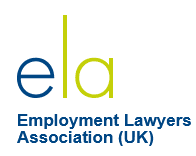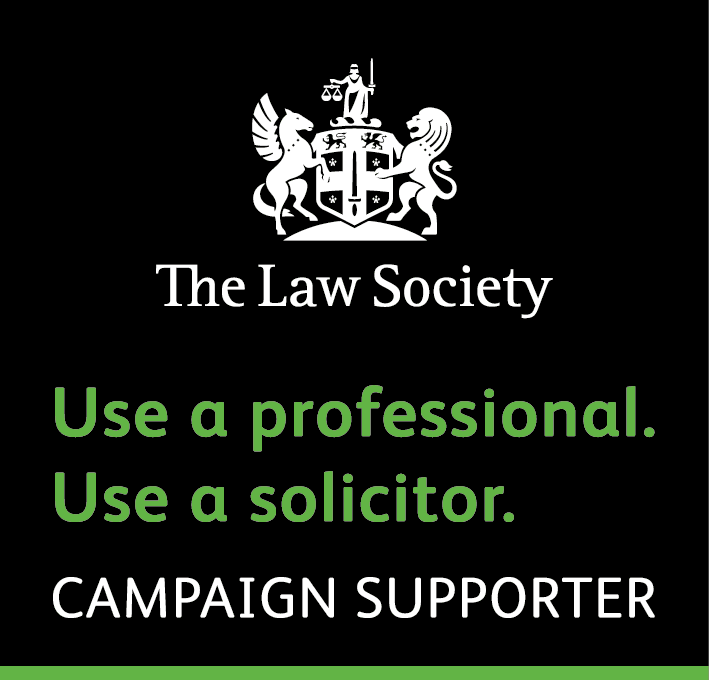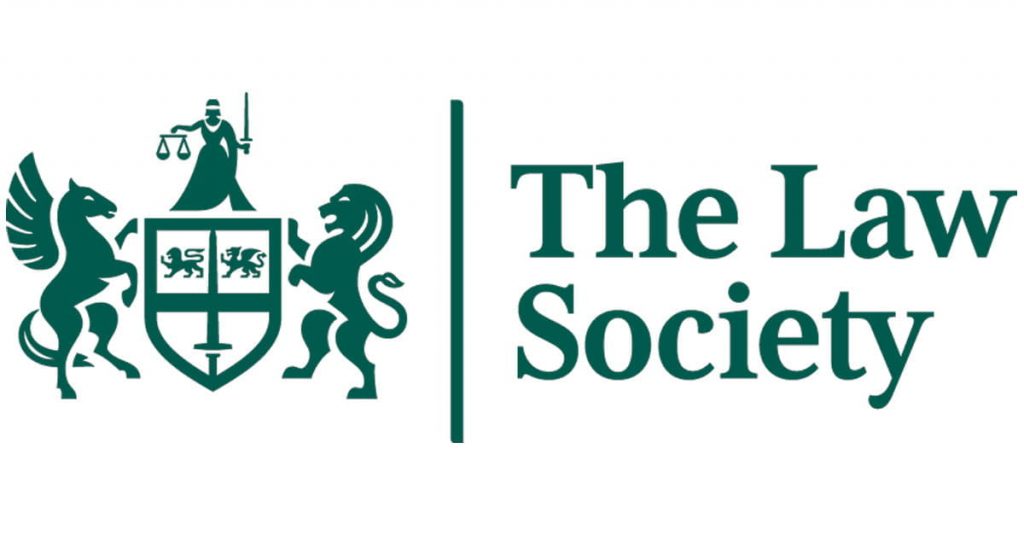Services
Bullying & Harassment
Bullying and harassment is behaviour that makes someone feel intimidated or offended. But both bullying and harassment are unacceptable, and the law makes it clear that all employees have the right to work in a safe environment.
What is bullying?
Bullying is behaviour from a person or group that's unwanted and makes you feel uncomfortable, including feeling:
Bullying includes:
- offensive, intimidating, malicious, or insulting behaviour;
- abuse of authority which violates the dignity of an individual or a group of people;
- creating a hostile environment against an individual;
- the undermining, humiliation or injury of an individual.
Examples of bullying in the workplace include:-
- spreading a false rumour about you
- colleague putting you down in meetings
- management does not let you go on training courses but allows others to
- management gives you heavier workloads than others
- your team never lets you join social events
- a manager questioning your performance, which is unjustified
The bullying does not need to relate to a protected characteristic (discussed below) but unless it does, or is of a sexual nature, it is not prohibited by the Equality Act 2010.
The bullying might:
- be a regular pattern of behaviour or a one-off incident
- happen face-to-face, on social media, in emails or phone calls
- happen in the workplace or at work social events
- not always be obvious or noticed by others
What is harassment?
Harassment is marginally different from bullying and has a clear legal definition under Section 26 of the Equality Act 2010 (‘the Act’). Harassment, is defined in the Act as
“unwanted conduct related to a relevant protected characteristic, which has the purpose or effect of violating an individual’s dignity or creating an intimidating, hostile, degrading, humiliating or offensive environment for that individual.”
The relevant protected characteristics are:-
- age,
- disability,
- gender reassignment,
- race,
- religion or belief,
- marriage and civil partnership
- pregnancy and maternity
- sex
- sexual orientation.
Harassment includes bullying if it relates to one of the protected characteristics listed above.
The Tribunal Test
The key factors in determining whether harassment has occurred is:-
- whether the actions or comments are viewed as demeaning and unwanted to the recipient.
- the person who harassed you meant to make you feel a certain way, or that you felt that way even though it wasn’t their intention. This is called ‘purpose or effect’. You need to show that the purpose or effect of the conduct was that it violated your dignity or created an environment that:
- humiliates you
- offends you
- intimidates you
- is hostile
- is degrading
- If the person didn’t mean to make you feel this way, it also has to be 'reasonable’ that you felt that way.
- your situation is covered by one of the 3 types of harassment in discrimination law
- the unwanted conduct related to a ‘protected characteristic’ and/or
- the unwanted conduct was sexual in nature and/or
- you’re treated less favourably because of rejecting or submitting to unwanted sexual behaviour or behaviour related to gender reassignment or sex
Under the Equality Act, employers are also responsible for their staff who harass other employees, but can escape such liability if they can demonstrate that they took reasonable practical steps to prevent the harassment from happening.
What to do if you are being bullied or harassed
- If you feel that it's safe for you to do so, you may wish to begin by speaking to whoever is bullying or harassing you directly; perhaps in the presence of a friendly colleague who can help to prevent the discussion turning into another instance of bullying and who can bear witness to the fact that this conversation took place.
- Should the person refuse to acknowledge or amend their behaviour, your next step is to speak to someone in authority. Your line manager will usually be the right person to take this up with, unless of course they're involved in bullying you. In this case, you may need to speak to their superior, or Human Resources.
- Once you've made an official complaint about harassment or bullying, your employer is obliged to take action: investigate your complaint and make sure that where bullying or harassment is taking place that they take every reasonable step to make it stop.
If your employer is unwilling or unable to stop the bullying or harassment, it may then be time seek harassment legal advice and take legal action.

Solicitor Call Back
Request a FREE no obligation consultation with a solicitor by completing the form below
You can learn more about how we handle your personal data by viewing our Privacy Policy
Ready to speak to an employment law expert?
What makes SA Solicitors different ...
Common settlement agreement issues our solicitors deal with ...
> Counter Offers
> Negotiating Tactics
> Termination Payments
> Compensation Payments
> Grievance Issues
> Notice Pay
> Tax Payments
> Furlough Advice
> Discrimination
> Constructive Dismissal
> Unfair Dismissal
> Redundancy
> Bullying & Harassment
> Sick Absence
> Disciplinary Proceedings
> Capability Arguments





